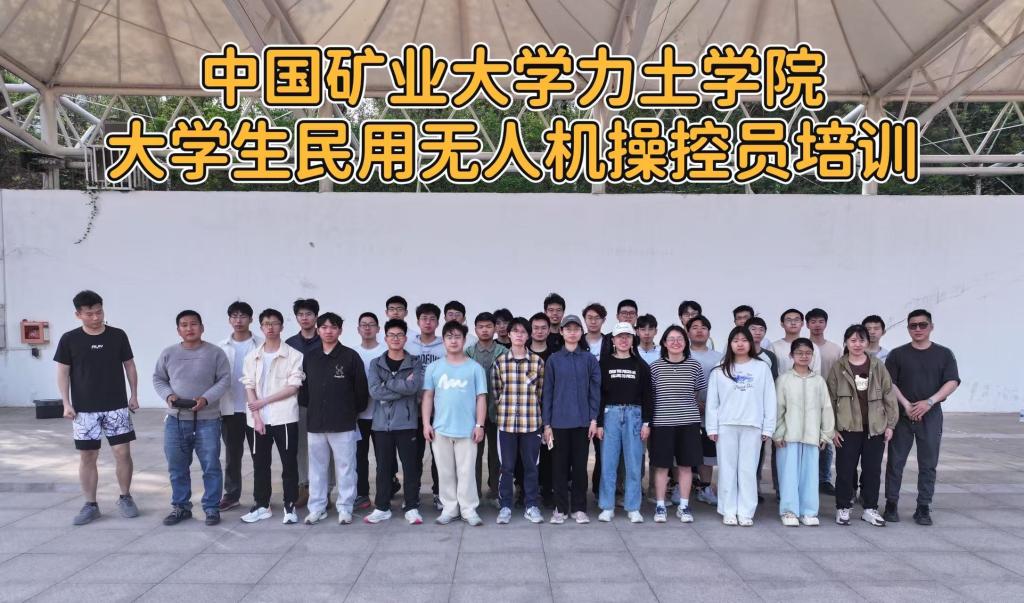
To closely align with the national low-altitude economy and major national strategies, and to enrich the skills reserves of graduates, from April 7th to 22nd, our college and enterprises jointly carried out the reserve work for unmanned aerial vehicle (UAV) talents. A total of 43 senior students participated in the special vocational skills training for civilian UAV operators.
The training lasts for five days, including theoretical study, online simulation and practical application, and the final examination will be held on the 22nd. On the 7th and 8th, civil aviation instructors comprehensively explained flight knowledge. The course covered the basic principles, structure, and flight mechanics of unmanned aerial vehicles (UAVs), enabling students to understand how UAVs fly and the functions of their various components. At the same time, it also includes relevant contents such as aviation regulations, meteorological knowledge, and airspace management, enabling students to understand under what conditions and rules they can fly drones safely and legally. On the 9th, through simulation flight software, trainees were made familiar with the operation feel and flight attitude control of unmanned aerial vehicles, reducing the risks and costs of real aircraft flights. On the 10th and 11th, after students have developed certain simulation flight capabilities, real aircraft flight training will be arranged, including basic operations such as takeoff, landing, hovering, and route flight, as well as flight practices under different environmental conditions, such as wind force influence and terrain changes, to enable students to accumulate flight experience through actual operations. On the 22nd, theoretical and practical tests will be arranged to assess students' mastery of the drone course.
This training enabled students to get in touch with and accumulate drone flight experience, providing a platform for graduates to enhance their self-competitiveness and playing a positive role in employment.
News source: Hao Yanxiu
Image source: Wang Bin
Editor-in-charge: Zhang Lin
First review and first proofreading: Tong Jiaxuan
Second review and second review: Zhang Lin
Three reviews and three verifications: Ji Cheng
 Current position:
Home
->
Academic Exchange
->
International Conference
->
Content
Current position:
Home
->
Academic Exchange
->
International Conference
->
Content